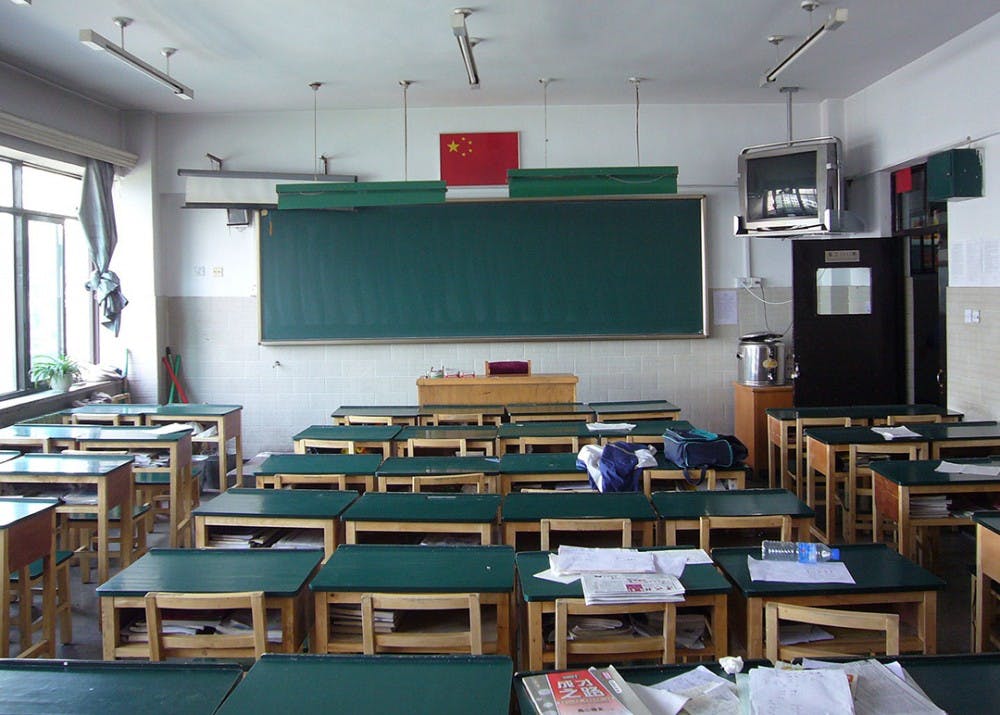Today’s youth makes up approximately 13.2 percent of the American population. However, most of their voices are not being heard at the polls, as many of them are not yet old enough to vote. Since young people are such a sizeable portion of the population, students must be taught that it is possible to take matters into their own hands and make the change they wish to see in the world through civic engagement and student activism. A unit on civic engagement should be integrated into high school American history courses, as students must be taught and encouraged to exercise their rights effectively and responsibly.
Student activism has been important throughout history and continues to be important today. Youth play an active role in society as they have often stepped up to the plate to shine a light on the important issues of the day. A group of young Americans sued the federal government order to secure increased efforts to prevent climate change, and many young students are uniting their voices to those of the Black Lives Matter movement.
Other students from Marjory Stoneman Douglas High School in Parkland, Fla., started a movement to prevent gun violence and sparked a nation-wide protest called a March for our Lives after 17 of their peers were killed in a mass shooting inside of their school. Most of the leaders of this movement are under the age of 18, which demonstrates the impact young Americans can have on society, even though some may not yet be able to vote.
In addition, as our civilization becomes more digitized, younger students now have access to global and national news, at the touch of their fingertips — and they are paying attention. With so many problems facing our world today, students — regardless of color, financial status or political beliefs — should be taught that they can make a change in the world they see through civic engagement.
History courses often teach that the voice of the American people can be heard through voting — however, these lessons seem far removed from high school students, a majority of whom are not old enough to vote. To remedy this, students must be educated in school about young students who have made a change in the past, students who are making a difference today and effective methods to make their voices heard in the political process.
Currently, in the Commonwealth of Virginia, high school students must complete a Virginia and U.S. history course, a Virginia and U.S. government course and either a course in world history or geography in order to graduate. In high school U.S. government courses, students are being taught about civic engagement and civic virtue, emphasising volunteering, voting and attending school board meetings. While these items are all important, the curriculum seems as though it is geared toward making students more productive future citizens and is less focused on options available to students to make more immediate change.
Fortunately, some have already taken the initiative in making some curriculum to that effect. The New York Times designed a lesson plan for teachers to follow if they wish to integrate a unit in their history classes on civic engagement. The plan consists of analyzing current activist movements, studying youth-led movements in history and instructing students on the actions they can take on issues that matter to them. Engaging with civic activities through this program equip high school students with invaluable tools as they prepare to join the workforce or pursue higher education.
Additionally, as students begin college, they enter a sometimes more politically charged environment, that has the potential to be overwhelming to many students. For example, last August was particularly overwhelming, for some first-year students entering the University who wanted to get involved in student activism as soon as they arrived on Grounds. Units on civic engagement taught to young people in high school would have been invaluable to students entering the University during that time, as it was a semester marked by student activism.
Ensuring young people have these skills before college begins is important seeing as college students can have just as important of an impact on society. This can be seen from four African-American students silently protesting segregation at lunch counters, to college students showing support for one another in the face of hate groups which overran the streets of Charlottesville. With this in mind, it seems like common sense that we would want to better prepare our high school students to become more civically active.
Furthermore, as more issues directly impacting young people arise, they should be aware of action they can take in order to make a difference. Issues such as gun control and the political threats against the Dream Act have been drawing the attention of our youth, and they must begin to learn ways in which they can channel their frustration and make their voices heard. Our youth must be taught how to become active citizens who are not only unafraid to voice their opinion, but know how to use it effectively. The end result will not only be good for our society, but also our democracy at large.
Izabella Forero is an Opinion Columnist for The Cavalier Daily. She can be reached at opinion@cavalierdaily.com.





